Optimal Timing for Stamped Asphalt
Stamped asphalt pavings are most effectively installed during specific weather conditions to ensure durability and proper adhesion. Optimal timing depends on climate, temperature, and moisture levels, which influence the curing process and final appearance.
The best temperature range for stamped asphalt installation is between 50°F and 85°F. Temperatures outside this range can affect the curing process and the quality of the stamping.
Dry weather with low humidity is preferred. Rain or excessive moisture can delay setting and compromise the surface integrity.
Spring and early fall are generally the best seasons, avoiding extreme cold or heat that can impact asphalt work.
Allow sufficient time for surface preparation and curing, typically a few days of stable weather before and after installation.
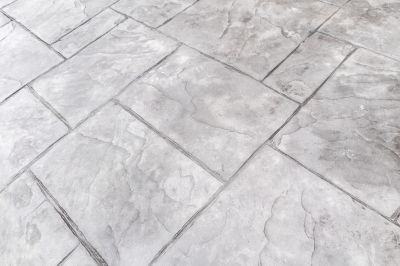
Ways to make Stamped Asphalt Pavings work in tight or awkward layouts.
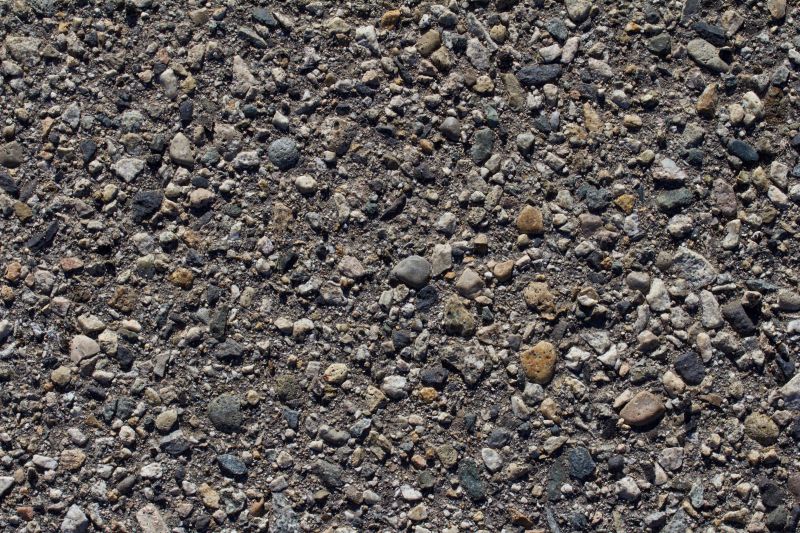
Popular materials for Stamped Asphalt Pavings and why they hold up over time.
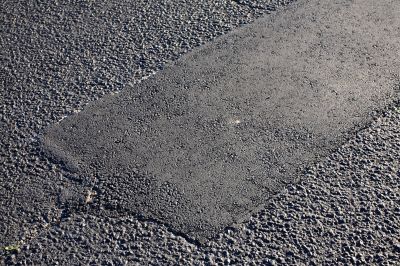
Simple add-ons that improve Stamped Asphalt Pavings without blowing the budget.
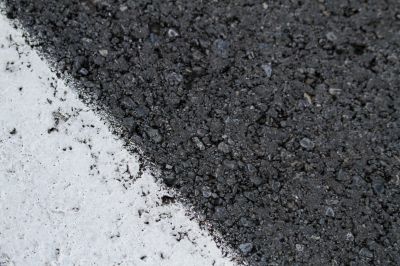
High-end options that actually feel worth it for Stamped Asphalt Pavings.
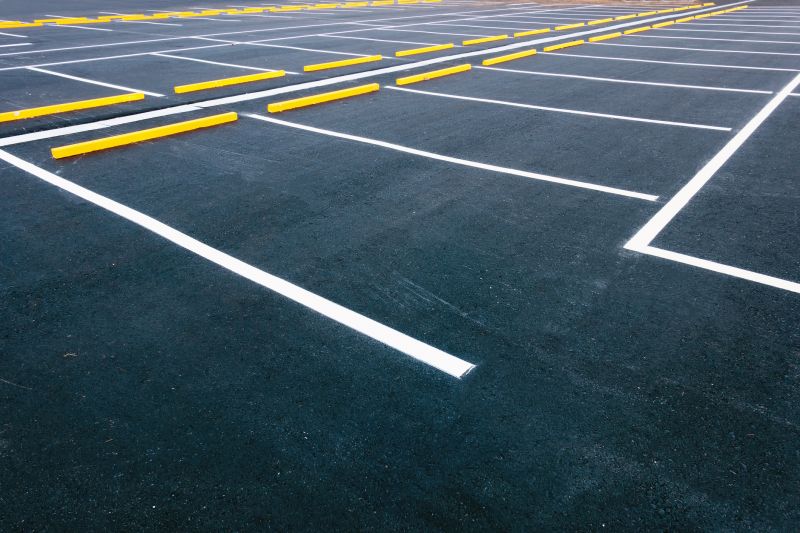
Finishes and colors that play nicely with Stamped Asphalt Pavings.
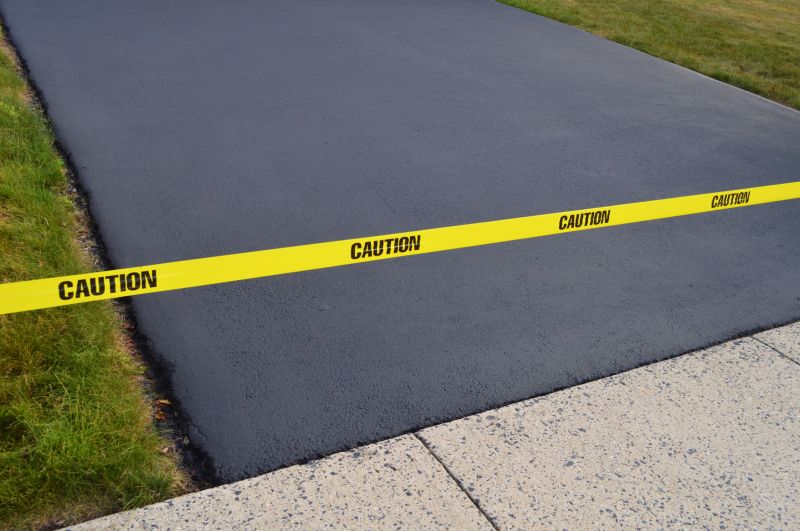
Little measurements that prevent headaches on Stamped Asphalt Pavings day.
Stamped asphalt pavings involve imprinting decorative patterns onto freshly laid asphalt, creating aesthetically appealing surfaces for driveways, walkways, and parking lots. This technique combines durability with visual customization, making it a popular choice for various applications.
The process typically starts with preparing the base, followed by laying hot asphalt, which is then stamped with molds or rollers to produce intricate designs. Proper timing and weather conditions are crucial for achieving high-quality results, as the asphalt must be workable but not too hot or cold.
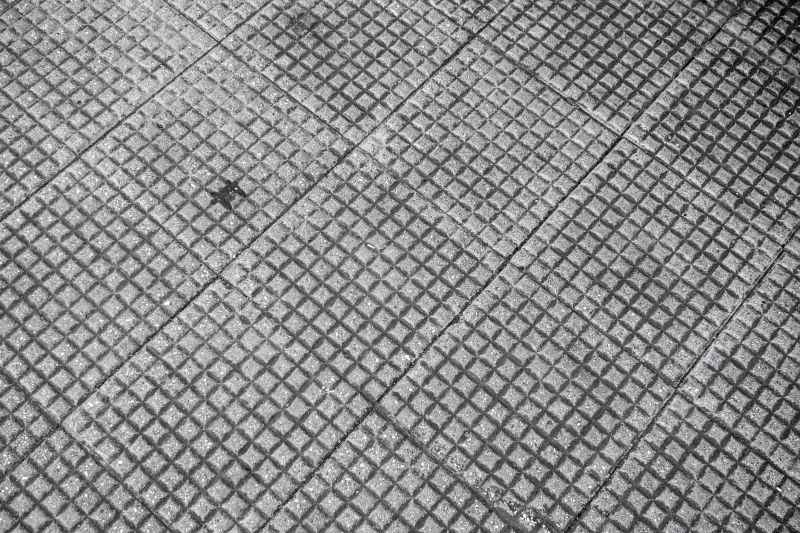
A 60-second routine that keeps Stamped Asphalt Pavings looking new.
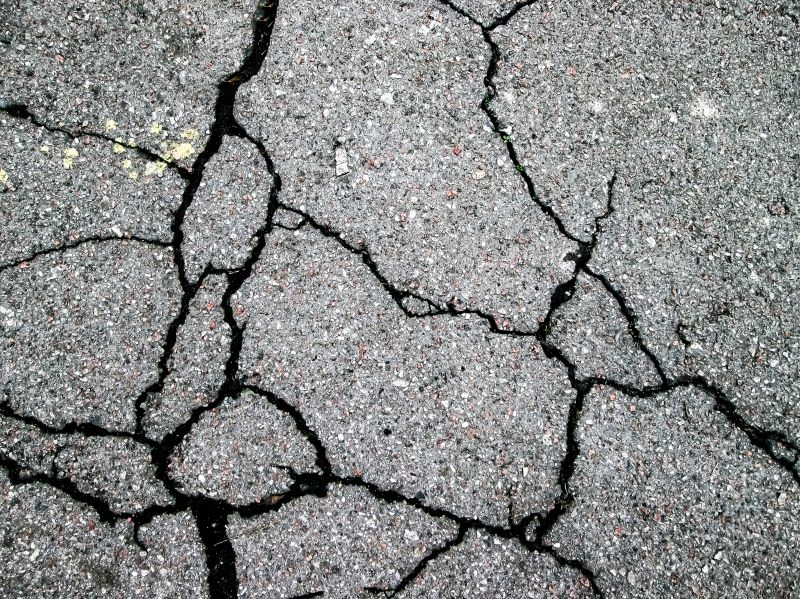
A frequent mistake in Stamped Asphalt Pavings and how to dodge it.
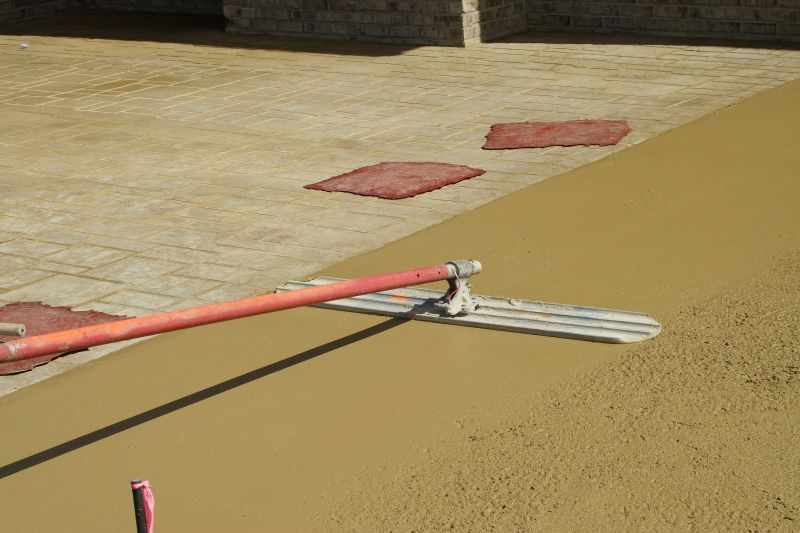
Small tweaks to make Stamped Asphalt Pavings safer and easier to use.
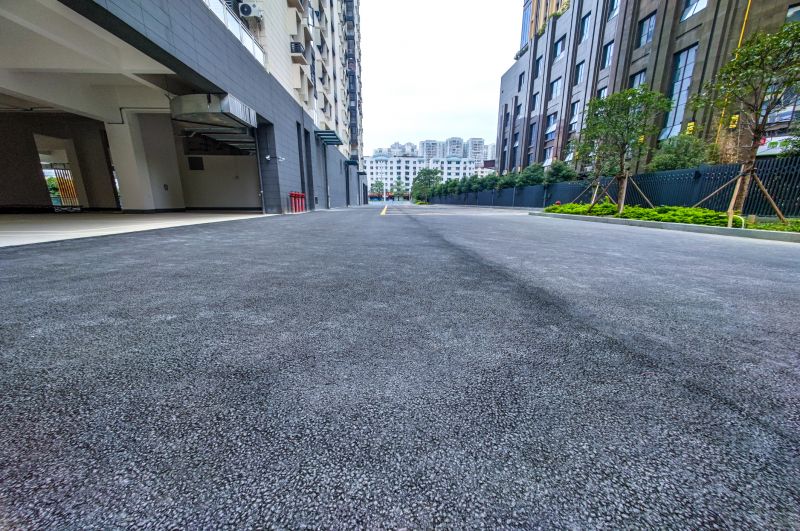
Lower-waste or water-saving choices for Stamped Asphalt Pavings.
| Aspect | Details |
|---|---|
| Optimal Temperature Range | 50°F to 85°F |
| Ideal Season | Spring and early fall |
| Weather Conditions | Dry with low humidity |
| Preparation Time | Several days of stable weather |
| Temperature Monitoring | Essential during installation |
| Surface Moisture | Should be minimal |
| Temperature Fluctuations | Avoid extreme highs or lows |
| Curing Period | Depends on weather, typically 24-48 hours |
Choosing the right time for stamped asphalt paving ensures a long-lasting, visually appealing surface. Proper weather conditions and timing contribute to the quality of the finish and the durability of the pattern. It is advisable to plan installations during seasons with predictable, moderate weather to minimize risks of delays or defects.
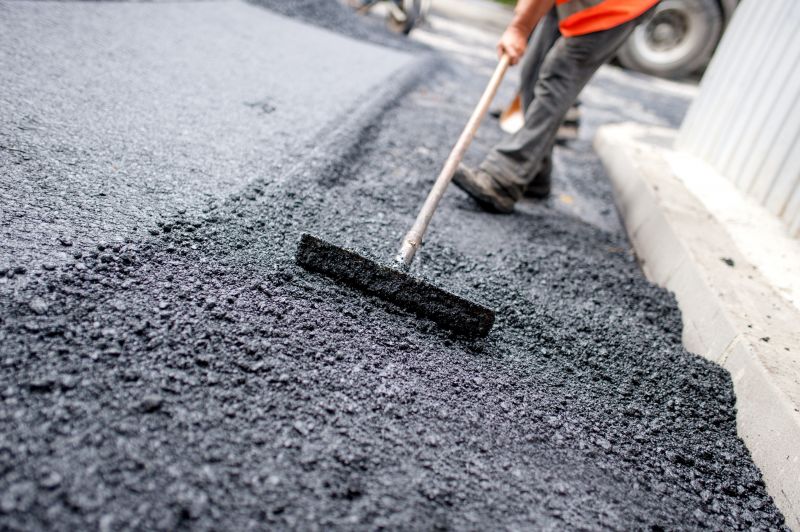
The short, realistic tool list for quality Stamped Asphalt Pavings.
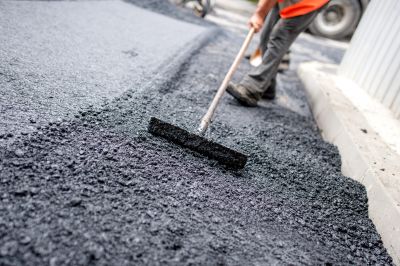
Rough timing from prep to clean-up for Stamped Asphalt Pavings.
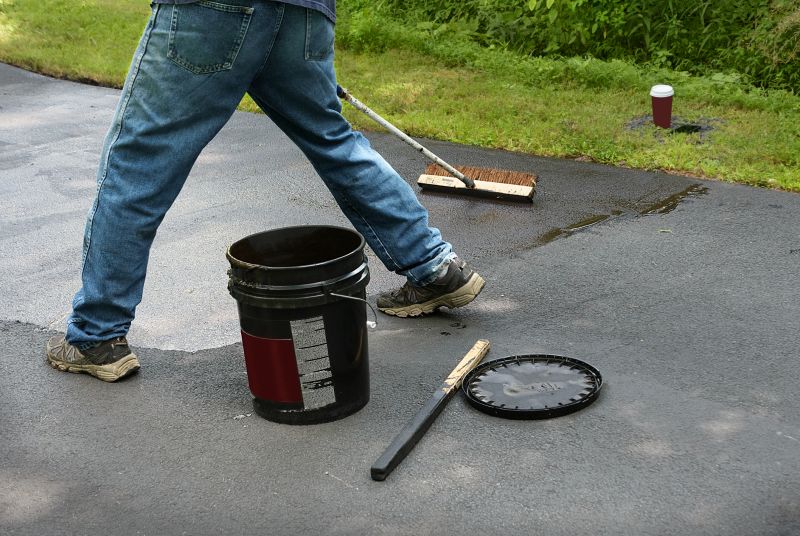
Quick checks and paperwork to keep after Stamped Asphalt Pavings.
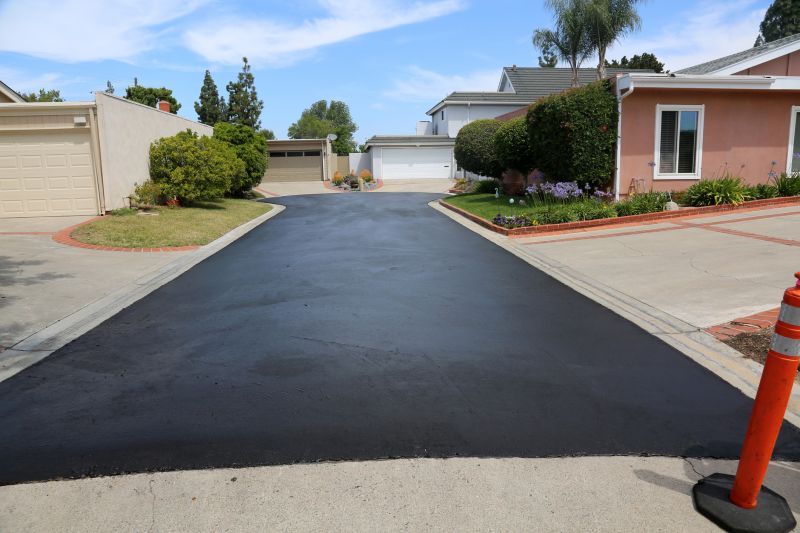
Examples that show the impact a good Stamped Asphalt Pavings can make.
Interested parties are encouraged to contact for more information about scheduling stamped asphalt paving projects. Proper timing can enhance the appearance and longevity of the surface, making it a worthwhile investment for property improvements.
